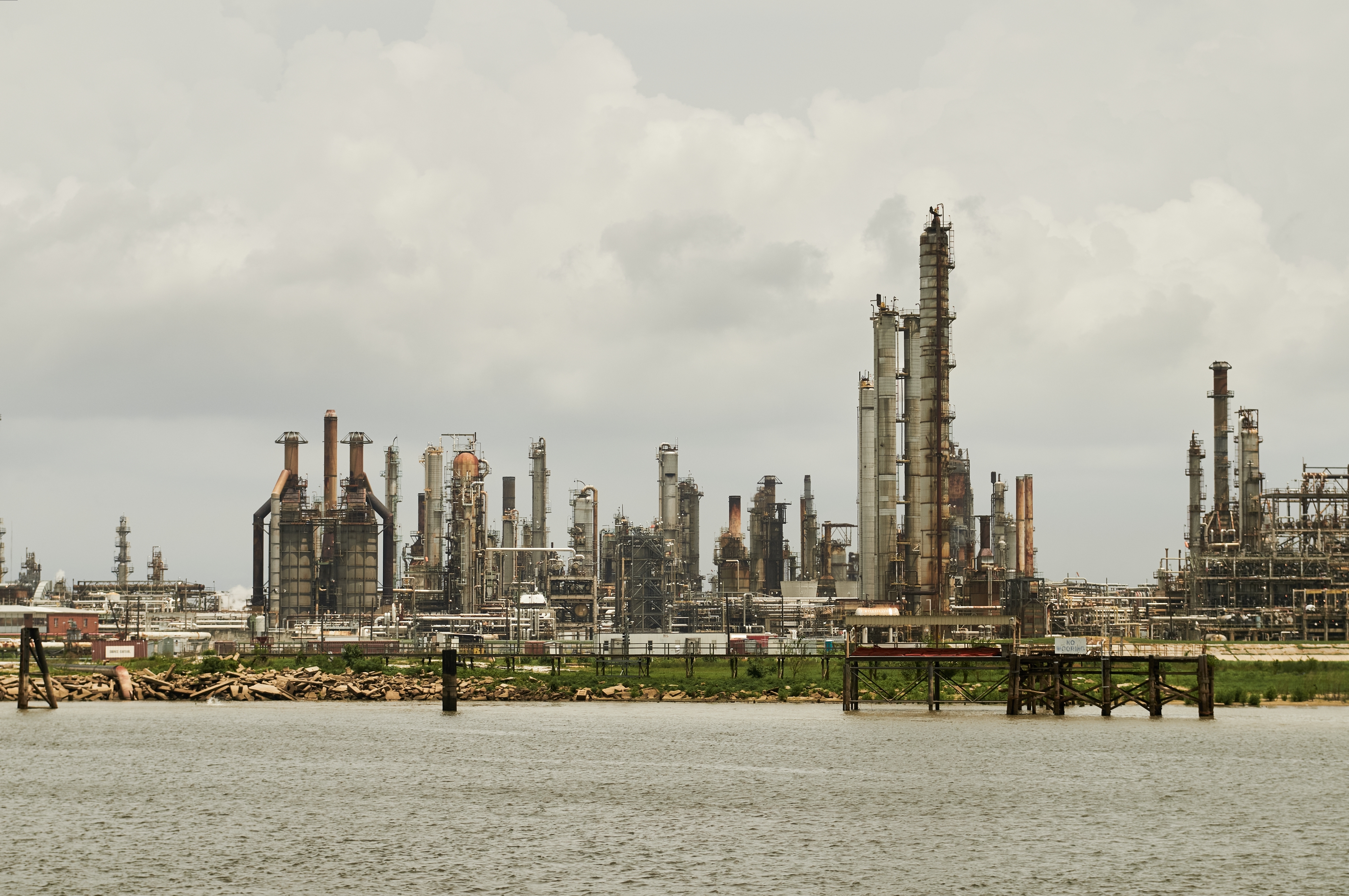Mitsubishi project in Louisiana losing bet for investors and local communities

Key Takeaways:
If Mitsubishi and the state of Louisiana go forward with a proposed 350,000-ton methyl methacrylate production facility in Ascension Parish, La., the company will likely face negative financial consequences and the government will waste taxpayer dollars.
Slower economic growth, weak project financing, disruptive trade realignments, market challenges, sustainability options and growing public opposition create a risk profile that challenges the Geismar project.
Mitsubishi’s stakeholder outreach fails to pass muster in the context of corporate sustainability and human rights concerns.
Multi-layered human rights, environmental and climate issues now tear at the reputational credibility and creditworthiness of large global companies—including Mitsubishi.
Mitsubishi’s proposed new petrochemical production facility in Louisiana is a losing bet for multiple reasons, according to the latest report from the Institute for Energy Economics and Financial Analysis (IEEFA). The 350,000-ton methyl methacrylate (MMA) facility would be the largest of its kind in the world at a time when the market is already saturated and environmental concerns are negatively impacting credit ratings.
The current market for MMA plants is already oversupplied—both in the United States and abroad. The completion of the Geismar project in Ascension Parish, La., will only worsen oversupply. Additionally, recent petrochemical projects in the U.S. have faced cancellations, delays, and missed financial targets, diminishing their appeal for investors.
“Mitsubishi is betting that low gas prices and state subsidies will make this plant profitable while ignoring the larger financial landscape,” said Tom Sanzillo, IEEFA director of financial analysis and author of the report. “Our report shows that the global oversupply of MMA, rise of competitive technologies, disrupted trade lines, failed similar projects, and public opposition erase potential benefits they are counting on.”
The risk profile for petrochemical plants is resulting in a shift from decades of credit positives to red-flag credit warnings, pushing traditional petrochemical investments toward credit negatives. The warnings are shedding new light on the rising profitability and investor support for sustainable alternatives.
“Mitsubishi's plans add further insult to the harm already suffered by our frontline communities,” said Robert Taylor, founder of Concerned Citizens of St. John. “Every day we deal with health problems caused by our constant exposure to toxic emissions from plants like this one. CCSJ understands the practice of "Profit over People" but there is no need for a new MMA facility in Geismar when it poisons us and doesn't show profitability. Save Our Children…Save Our Future!”
“Our leaders are taking action that is shameful,” said Ashley Gaignard from Rural Roots Louisiana. “These investments do not have any record of success as long as small neighborhoods like mine are left behind.”
Mitsubishi and other leaders in the petrochemical field are moving forward with innovations that could address the twin problems of environmental toxicity and greenhouse gas emissions. Given the existence of alternative pathways, Mitsubishi should fulfill its yet-to-be-realized pledge to work with communities to address sustainable community economic development, and to combat historical racial and income injustices. The company should build on this opportunity, rather than pursue a project that has weak financial prospects and poses reputational risks that cut to the core of its credibility.
“The state of Louisiana has offered tax incentives and lenient environmental regulation to support Mitsubishi. This is a mistake. The company faces an insurmountable set of risks,” Sanzillo said. “Industry-wide credit warnings and a long list of delays, cancellations and project failures in the petrochemical markets are red-flag warnings that the Mitsubishi plan is not viable.”












